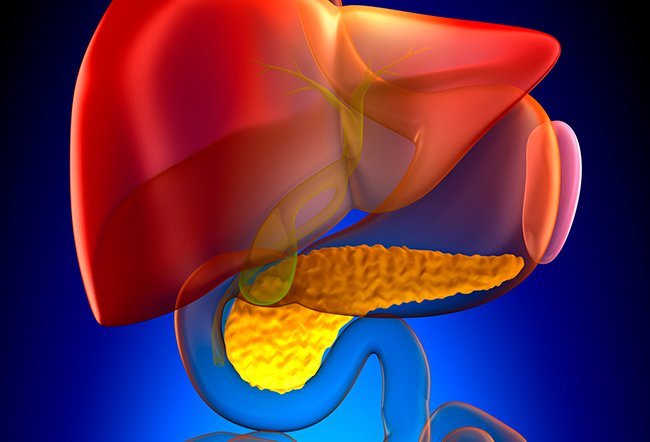What Causes Steatorrhea?

Steatorrhea, or fatty stool, occurs when there is too much fat that the digestive system can’t absorb. Stools containing fat may be thick, float, have an oily or greasy look, and smell bad.
Temporary steatorrhea can be caused by dietary changes or intestinal infections. Persistent steatorrhea can be caused by disorders of the biliary tract, pancreas, or intestines.
Bile (made in the liver and stored in the gallbladder), pancreatic lipases (fat-breaking enzymes), and proper intestinal function are all required for fat absorption:
- When there isn’t enough bile, it can result in pale-colored fatty feces and jaundice.
- Pancreatic lipase deficiency is rare, but it can occur due to a damaged pancreas, cystic fibrosis or a congenital defect.
Fat absorption can also be impaired by:
- Inflammation of the gut lining, which can occur with ulcerative colitis (inflammation of the colon and rectum)
- Crohn's disease (inflammation of the bowels)
- Celiac disease (gluten sensitivity)
- Surgical removal of part of the intestines
Steatorrhea is usually a temporary problem, but if it lasts longer than a few weeks, grows more severe, or is accompanied by other symptoms, it could indicate a more serious condition.
15 causes of steatorrhea
Common causes of persisted steatorrhea include:
- Infection of the gastrointestinal system caused by bacteria, parasites, or viruses
- Bariatric surgery (weight loss surgery)
- Celiac disease
- Food sensitivities (difficulty digesting certain foods)
- Crohn's disease
- Ulcerative colitis
- Short bowel syndrome
- Irritable bowel syndrome
- Biliary atresia (congenital defect where bile ducts fail to develop)
- Stricture of the bile duct (narrowing of the tube that carries bile from the liver and gallbladder to the intestines)
- Cholangiocarcinoma (a type of cancer that affects the lining of the biliary tracts or gallbladder)
- Pancreatic lipase insufficiency (an abnormality of lipase production in the pancreas)
- Cystic fibrosis (a genetic disorder that interferes with lung and pancreatic function)
- Pancreatic carcinoma
- Pancreatitis (inflammation of the pancreas)
How is steatorrhea treated?
Treatment of steatorrhea is typically aimed at identifying and treating the underlying cause. Because malabsorption may have a variety of causes, an accurate diagnosis is crucial.
- Treatment for diet-related steatorrhea mainly involves eliminating foods that cause symptoms.
- If steatorrhea is caused by celiac disease, wheat and other gluten-containing foods should be avoided.
- Medication, dietary adjustments, and nutritional supplements are commonly used to treat pancreatic diseases. Supplemental pancreatic enzymes are frequently administered.
- Cystic fibrosis and chronic pancreatitis require medication and lifestyle adjustments.
- Surgery may be needed for conditions such as gallstones and cancer.
What are the complications of steatorrhea?
Failure to seek treatment for steatorrhea can lead to serious consequences and long-term damage. Once the underlying cause has been identified, it is critical to follow the treatment plan advised by your doctor to avoid complications such as:
- Anemia (low red blood cell count)
- Infections that are severe or occur frequently
- Growth difficulties
- Intestinal blockage or intestinal wall rupture
- Poor nutrition due to vomiting, diarrhea, or a lack of appetite
- Infection or cancer that continues to spread
Surgery to remove sections of the digestive tract may be required in cases of severe illness.
